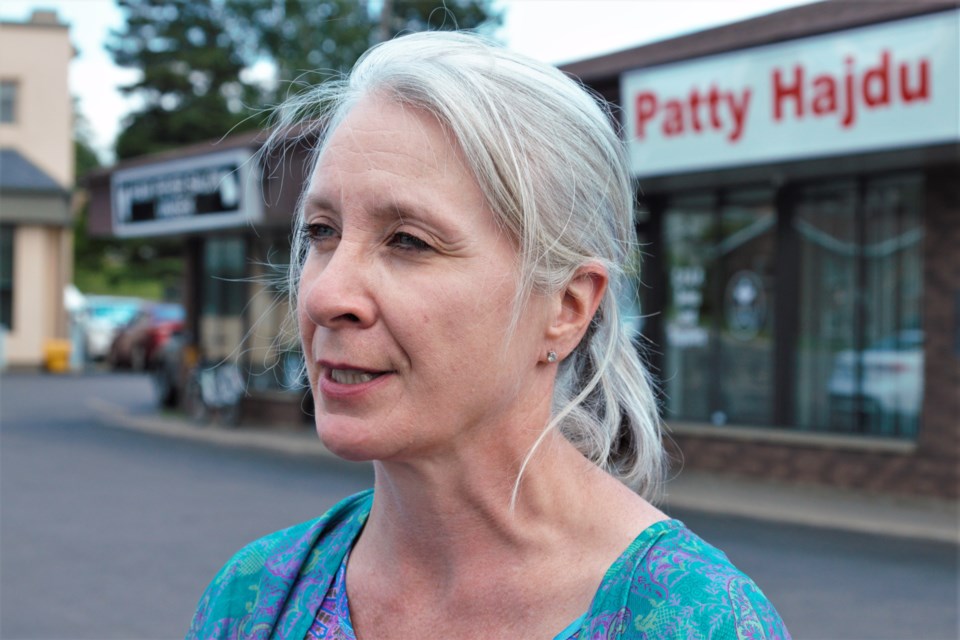THUNDER BAY – Local MP and Minister of Health Patty Hajdu says there’s still room to celebrate Canada Day, but the occasion needs to be balanced with a frank look at the country’s history and the ongoing impacts of colonialism.
“I think this Canada Day, like all Canada Days, is an opportunity to reflect on how we move forward as peoples in a way that respects the painful legacy of how the country was formed, but also celebrates the opportunity of the country for so many people,” she said Wednesday.
Communities across the country, including in Northwestern Ontario, have cancelled or modified Canada Day plans in light of the ongoing discovery of undocumented grave sites at former Indian Residential Schools.
Indigenous communities have also called for a pause on celebrations in the midst of the findings.
“Can you not understand that celebrating ‘Canada Day’ in the midst of our grief is dancing on the graves of our children?” asked Chief Vernon Redsky in an open letter asking the City of Kenora to cancel a planned fireworks display, which the city later did.
The City of Thunder Bay, for its part, will offer only virtual programming this year, citing a desire to respect Indigenous communities as well as the pandemic.
Neighbouring Fort William First Nation welcomed the city’s decision, with Chief Peter Collins saying, “We have nothing to celebrate with Canada on July 1.”
Some local residents will take part instead in a Cancel Canada Day rally.
Hajdu said she welcomed a shift in how Canadians mark the day, but said there were no active discussions around legislative changes to the holiday at the federal level.
“There certainly are discussions about how to recognize the history of Indigenous people, including National Indigenous Week, including a day set aside for the survivors of residential schools, encoding that into law,” she said. “And I certainly think there’s an opportunity to talk about how we celebrate Canada Day differently.”
Her own Canada Day plans involve “spending a quiet day doing that reflection and thinking about what it means to be Canadian… and the people who have been so hurt by some aspects of the history of this country.”
The conversation isn’t new for the country, she said, pointing out the Truth and Reconciliation Commission’s final report clearly set out the devastating impacts of residential schools and the fact there were undocumented grave sites across the country.
That awareness hasn’t necessarily been widespread, however, Hajdu said.
“Many people didn’t read the [TRC] report or didn’t really understand the implications of that. I think the finding of children’s remains in B.C. and Saskatchewan has amplified for many Canadians that history, and allowed them to understand it in a deeply personal way.”
“I think this will be a long summer for many Canadians who are just awakening to that grief. It’s not necessarily a fault of individual Canadians – our systems have not been structured to tell the real story of how Canada was founded.”
She reiterated a promise that the federal government will step up with additional funds if the $27 million it has committed to help Indigenous communities find grave sites proves inadequate.
“It’s not just about find the remains, though,” she said. “It’s also about the investments in healing for communities, ensuring there’s a path forward for self-government, and strengthening communities to be able to provide education in their own culturally appropriate ways, self-determination around health care [and] re-acquiring language.”
